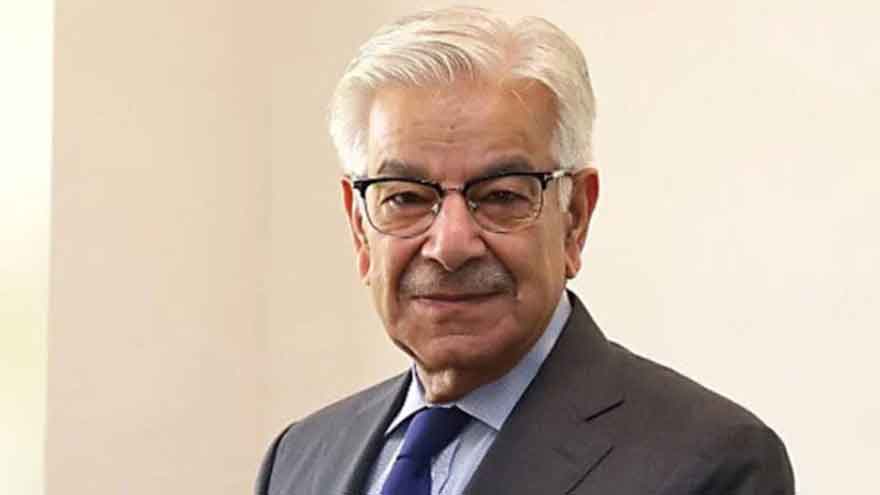Pakistan reduces wheat procurement target by 69%,

ISLAMABAD, April 06: Pakistan's federal government has significantly reduced its wheat procurement target for the upcoming season, sparking worries about potential shortages. The Economic Coordination Committee (ECC) of the Cabinet approved a target of only 2.5 million metric tons, a staggering 69% decrease compared to the previous year.
This decision comes amidst a disagreement between the federal government and Punjab, the country's largest wheat-producing province. Punjab declined to set an immediate procurement target, citing outstanding debts from past purchases. The federal government, however, maintains that Punjab's contribution is crucial to meet national wheat needs.
To compensate for the shortfall, the ECC sanctioned a loan of Rs 275 billion for the purchase of wheat by the Pakistan Agricultural Storage and Services Corporation (PASCO) and other provincial entities. Sindh and Balochistan set their own procurement targets, aiming to buy wheat from farmers at Rs 4,000 and an unspecified rate per maund, respectively.
Despite the lowered target, the federal government remains optimistic about wheat availability. The Ministry of Food points to a potential surplus this year, with cultivation exceeding the target area and existing stockpiles of 4.7 million tons. Additionally, a crackdown on wheat smuggling is believed to have bolstered domestic reserves.
However, concerns linger about the adequacy of the revised procurement target, particularly if Punjab remains out of the picture. The Ministry of Food acknowledges this risk, expressing apprehension that the combined purchase of 2.45 million tons might be insufficient, falling 28% short of last year's figure.
The federal government's decision to maintain the wheat support price at Rs 3,900 per maund has also been met with resistance from Sindh and Balochistan. These provinces might offer higher prices to incentivize farmers to sell their produce, potentially leading to inter-provincial competition for wheat stocks.
With the procurement season approaching, Pakistan faces the challenge of balancing its financial constraints with the need to ensure national food security. The success of this strategy hinges on resolving the disagreement with Punjab and potentially revising the procurement target if necessary.




